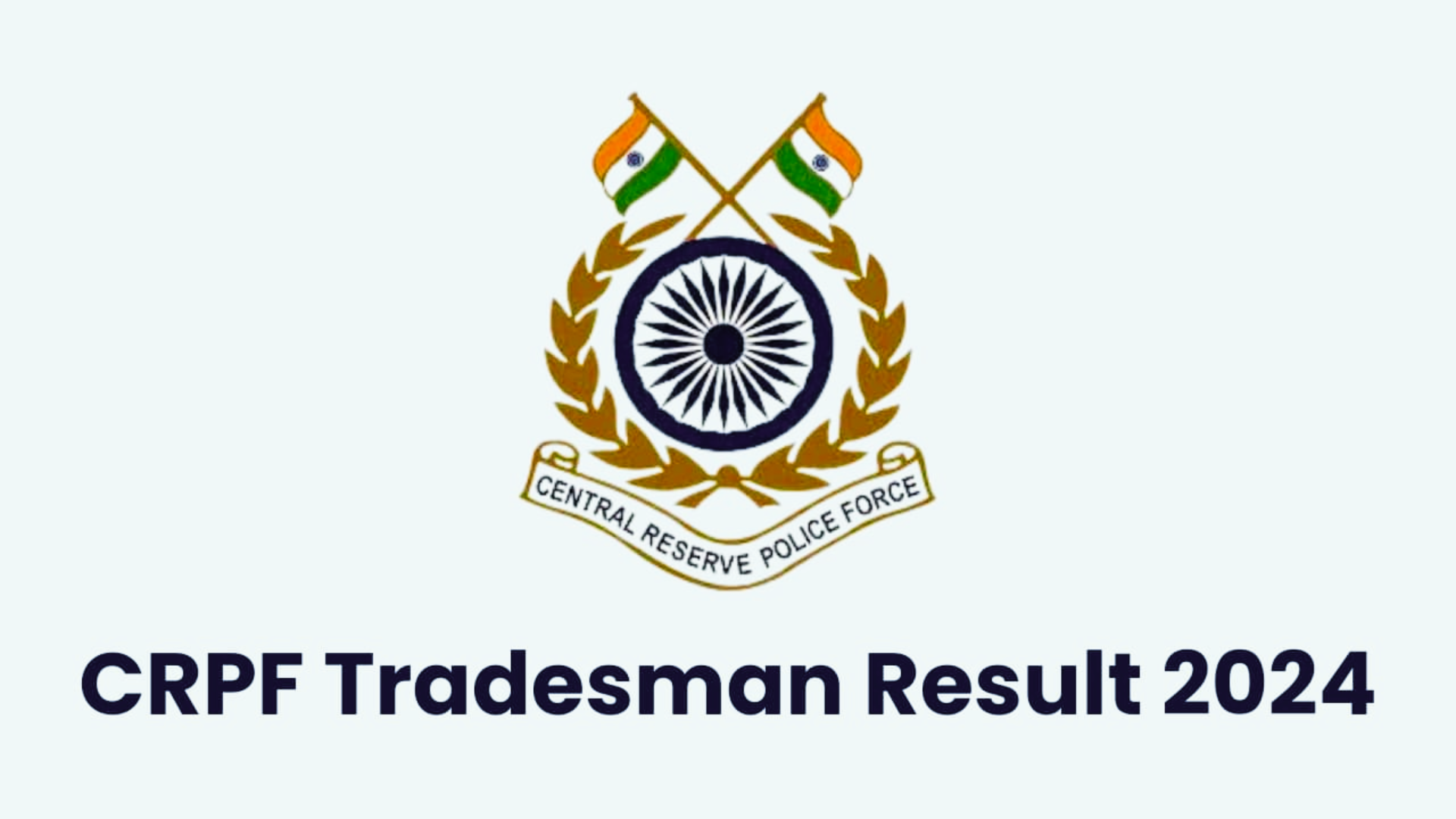










The Supreme Court declared on Tuesday that the entire nation has been “taken for a ride” and imposed a temporary injunction prohibiting Patanjali Ayurved, a company that deals in herbal products and was co-founded by yoga guru Ramdev, from advertising or promoting goods intended for medical use.The SC sent notices to Patanjali Ayurved and managing director Acharya Balkrishna, questioning why the company’s promise to the court regarding the promotion of its products and their medicinal efficacy should not be prima facie violated and why contempt proceedings should not be started against them.
As mentioned in their undertaking on November 21 of last year, a bench of justices Hima Kohli and Ahsanuddin Amanullah also advised the company and its officers not to make any statements in print or electronic media criticizing any medical system in any way. The Indian Medical Association (IMA) is presenting a case before the supreme court alleging that Ramdev launched a smear campaign against the vaccination campaign and contemporary medications.
“The entire country has been taken for a ride,” the bench observed, while questioning the Centre as to what action it has taken against Patanjali Ayurved for the alleged incorrect assertions and misrepresentation in advertisements about its medicines as cure of several diseases.

“Henceforth there shall not be any violation of any law(s), especially relating to advertising or branding of products manufactured and marketed by it and, further, that no casual statements claiming medicinal efficacy or against any system of medicine will be released to the media in any form,” the company’s attorney told the court on November 21 of last year. The company was then forewarned by the top court not to make “false” and “misleading” claims in advertisements regarding the ability of its medications to cure various diseases.
The top court mentioned the statement made before it in November of last year by the attorney representing Patanjali Ayurved during the hearing on Tuesday, stating that it was “bound down” to such an assurance by the court. It stated that Patanjali Ayurved will not be permitted to advertise or brand products that are listed in the Drugs and Magic Remedies (Objectionable Advertisements) Act, 1954 as diseases, disorders, or conditions until further orders are issued. When K M Nataraj, the Additional Solicitor General (ASG), appeared on behalf of the Center, the bench questioned him about the steps taken.
It made reference to the order from November of last year, in which it was stated that the ASG had submitted that he might be allowed to obtain instructions, provided that he had full and effective consultation with the relevant authorities regarding the verification of alleged false claims or deceptive advertising regarding the purported medicinal efficacy of various products. “You wait for this for two years when the Act itself says it is prohibited,” the bench remarked, stressing that the Center needs to act quickly. According to the ASG, state governments are the ones who should implement the Act. The bench also objected to one of Patanjali’s advertisements that were released following the Supreme Court’s November 2017 ruling.
“You (Patanjali) have flouted this order (of November 2023),” it said. “You have this courage and guts to come up with this advertisement even after the Supreme Court’s order… We are going to pass a very strict order. You are tempting the court”.
The IMA’s attorney cited the press release and transcript of a press conference the company held following the November order of last year, during which some purported statements regarding the medicinal efficacy of their products were made. The attorney argued that this clearly shows that Patanjali Ayurved was still making “incorrect assertions and misrepresentation” about its range of products on the market by portraying them as a long-term cure for conditions that are specifically mentioned in the schedule that is attached to the 1954 Act.









